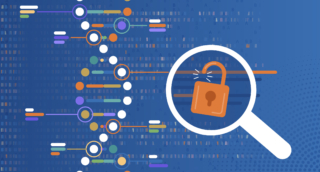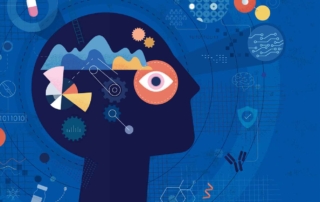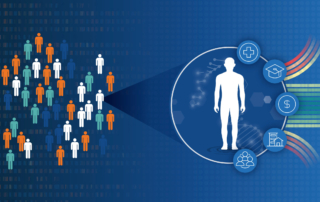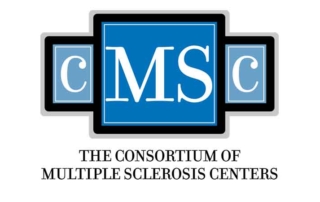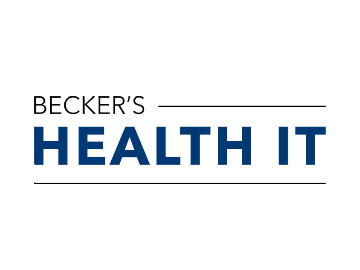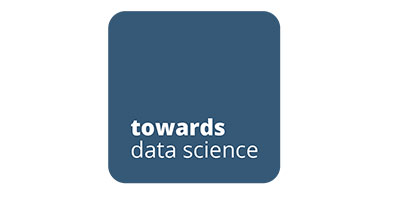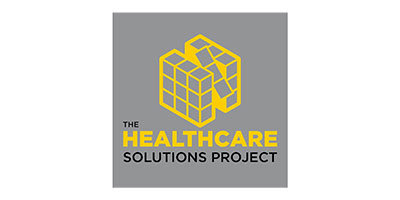IN THE NEWS
Vestigo: ASPIRE data science internship provides mutual benefits to companies and students
As published by Vestigo, Issue 5, Winter 2023 Read the full Vestigo issue, here.
Decode Health CEO Named to In Charge 2024: Health Care list
Nashville gets a lot of attention for its successes — the cranes dotting the skyline, the big businesses moving to town. But the city is also facing significant challenges. Housing, a good education and a good wage are out of reach for too many Nashvillians. It’s up to those on our 2024 In Charge list to push the city toward a brighter future.
Inc. Recognizes Decode Health as a Top 100 Company in the Southeast
Inc., known for its insightful coverage of innovative businesses and start-up companies, acknowledges the fastest-growing private entities in the United States. Decode Health was recognized as one of Inc.’s top 100 companies of 2024, driving innovation and impact in the Southeastern United States. This annual listing is determined through a [read more...]
OUR ABSTRACTS
Machine learning framework for multiple sclerosis risk stratification and healthcare cost prediction
2024 CMSC Conference Presentation
OUR PUBLICATIONS
The Journal of Molecular Diagnostics: Machine Learning Analysis Using RNA Sequencing to Distinguish Neuromyelitis Optica from Multiple Sclerosis and Identify Therapeutic Candidates
This study aims to identify RNA biomarkers distinguishing neuromyelitis optica (NMO) from relapsing-remitting multiple sclerosis (RRMS) and explore potential therapeutic applications leveraging machine learning. Read the full publication at www.jmdjournal.org
Influence of social determinants of health and county vaccination rates on machine learning models to predict COVID-19 case growth in Tennessee
The SARS-CoV-2 (COVID-19) pandemic has exposed health disparities throughout the USA, particularly among racial and ethnic minorities. As a result, there is a need for data-driven approaches to pinpoint the unique constellation of clinical and social determinants of health (SDOH) risk factors that give rise to poor patient outcomes following infection in US communities.
Predictive modeling of COVID-19 case growth highlights evolving racial and ethnic risk factors in Tennessee and Georgia
The SARS-CoV-2 (COVID-19) pandemic has exposed the need to understand the risk drivers that contribute to uneven morbidity and mortality in US communities. Addressing the community-specific social determinants of health (SDOH) that correlate with spread of SARS-CoV-2 provides an opportunity for targeted public health intervention to promote greater resilience to viral respiratory infections.
RECENT PODCASTS
WEBINARS
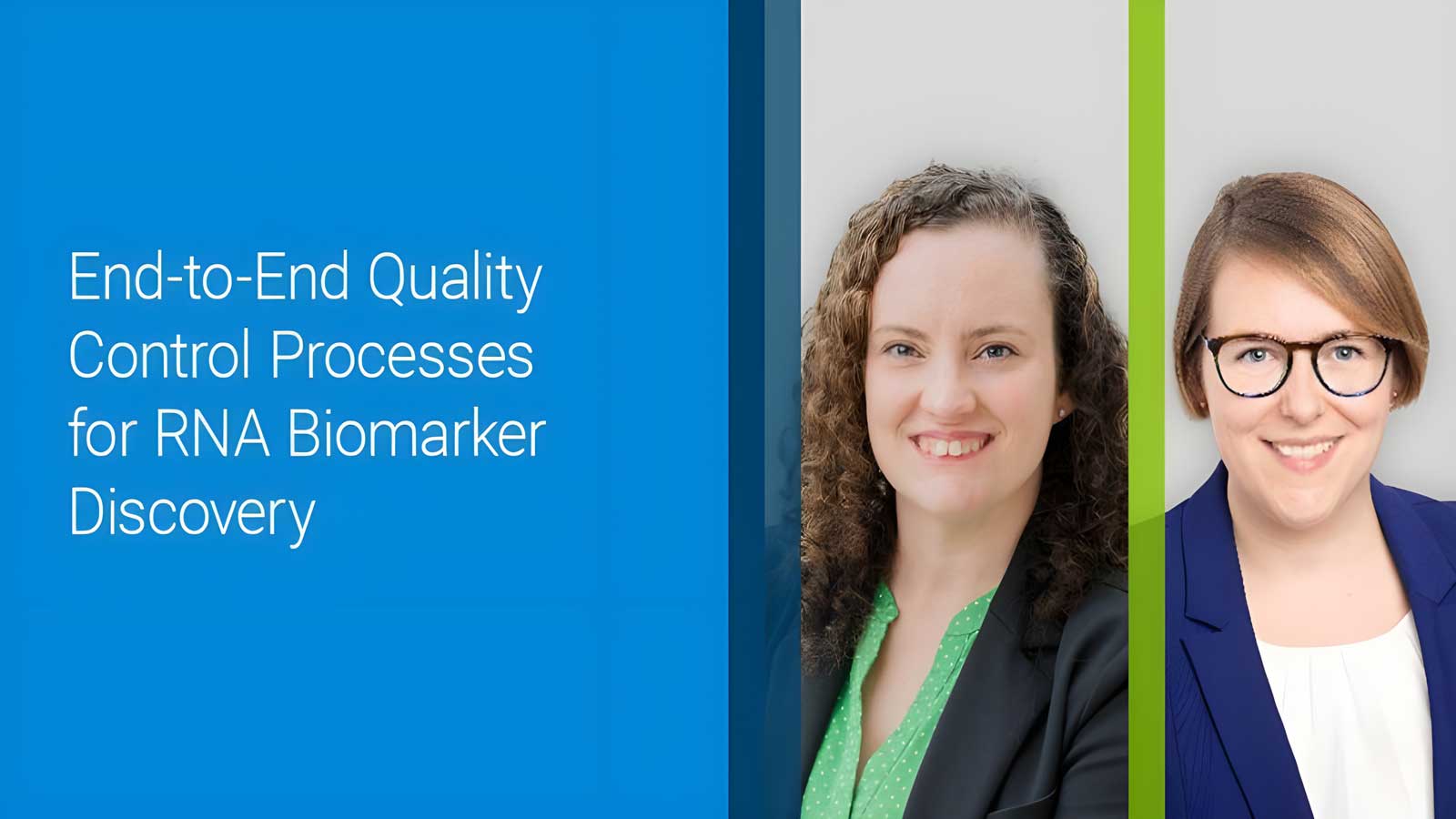
Garbage In, Garbage Out: The Importance of End-to-End Quality Control Processes for RNA Biomarker Discovery
Next-generation RNA sequencing unlocks the discovery of novel candidate biomarkers for diagnostic and therapeutic applications, but reproducibility is a key challenge in biomarker discovery programs. Integrating multi-faceted quality control (QC) steps can improve design decisions and enhance the confidence and reliability of results. This webinar will demonstrate how a comprehensive QC framework supports a disease-agnostic biomarker discovery program to identify biologically relevant candidate biomarkers of complex disease and how this framework can be adapted for total RNA sequencing of whole blood, plasma, and serum samples.




